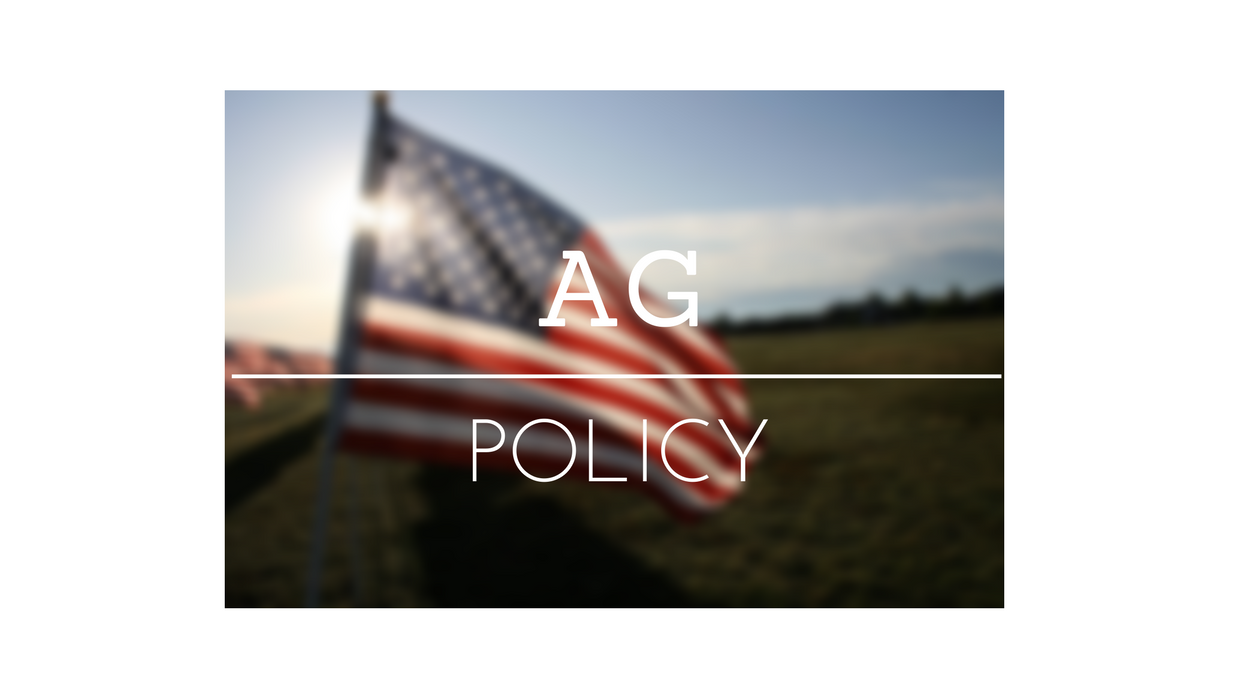The Supreme Court of the United States ruled Jan. 22 that the proper jurisdiction for challenges to the Environmental Protection Agency’s Waters of the United States or Clean Water Rule is in federal district court, not the circuit court level.
Environmentalists consider the ruling an initial blow to the Trump administration, but the Obama era rule won’t go into effect because EPA intends to release a rewritten rule within a month, E&E News reported. Justices rebuffed arguments by the administration that a federal appeals court should instead hear the litigation.
In her unanimous decision, Justice Sonia Sotomayor wrote for the court: “The government’s policy arguments provide no basis to depart from the statute’s plain language. First, the government contends that initial circuit-court review of the WOTUS Rule would avoid a bifurcated judicial-review scheme under which courts of appeals would review individual actions issuing or denying permits, whereas district courts would review broader regulations governing those actions. But, as explained, Congress has made clear that rules like the WOTUS rule must be reviewed first in federal district courts.”
The American Farm Bureau Federation, a major critic of the Obama administration’s rule, said the Supreme Court decision brought greater clarity to the situation, but that for farmers the situation remains uncertain.
“The U.S. Supreme Court ruled correctly Jan. 22 that federal district courts—not federal courts of appeals—have jurisdiction to review the 2015 WOTUS rule,” Farm Bureau General Counsel Ellen Steen said in a news release.
“This Supreme Court decision brings greater clarity to an important issue that has bogged down the litigation over this and other Clean Water Act regulations for years,” Steen said.
“That is a positive result, but it also creates uncertainty and confusion in the short term, because the Sixth Circuit must soon lift its nationwide stay of the 2015 rule.
“At this time, the Environmental Protection Agency has not yet finalized its proposed rule to delay the application of the unlawful and dangerous 2015 WOTUS rule while the agency considers whether to permanently repeal that rule,” Steen said.
“AFBF is considering its options to avoid application of the 2015 rule while EPA moves forward with an appropriate long-term solution that provides clear rules and clean water without requiring a federal permit to plow a field.”
Texas and Southwest Cattle Raisers Association President Richard Thorpe said in a statement, “We applaud the U.S. Supreme Court’s unanimous ruling that challenges to the Obama-era WOTUS rule belong in federal district courts, not federal appeals courts. This decision not only maintains the integrity of our judicial system, but also ensures that challenges will first be weighed by courts closer to the people and communities they affect.
“The so-called WOTUS rule has already been withdrawn by the EPA, but the ruling sets a sound precedent for future challenges to over-reaching federal rules.”
The National Association of Manufacturers, many states and some environmentalists had pushed for the case to be heard by federal district judges. They argued that the rule did not fall within categories that the Clean Water Act stipulates belong in appeals courts.
The Trump administration, which is working to repeal and replace the rule with a version that would cover fewer bodies of water, argued that challenges fell within the purview of appeals courts because the rule established the boundaries of the Clean Water Act’s ban on pollutant discharges and EPA’s permitting authority. Having an appeals court decide those factors would be more efficient, the administration argued.
The choice of court is significant because it affects the resources needed to litigate the merits of challenges, sets the statute of limitations for filing lawsuits and helps determine whether actions can be challenged in subsequent civil or criminal proceedings, the E&E News report said.
Jan. 22’s decision also means that litigation over the Trump administration’s replacement rule will be heard in district courts around the country, which are generally more tilted toward overturning federal actions. It also throws into doubt the future of a Sixth U.S. Circuit Court of Appeals decision to put the Obama-era rule on hold.
Larry Dreiling can be reached at 785-628-1117 or [email protected].


